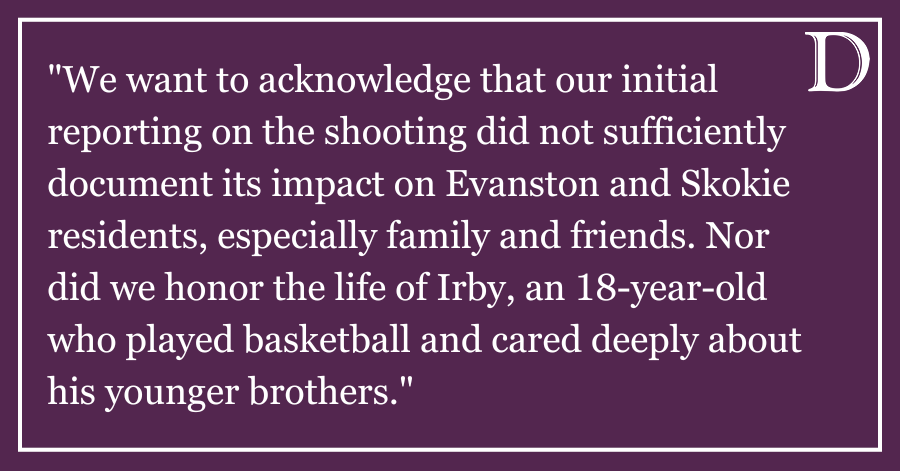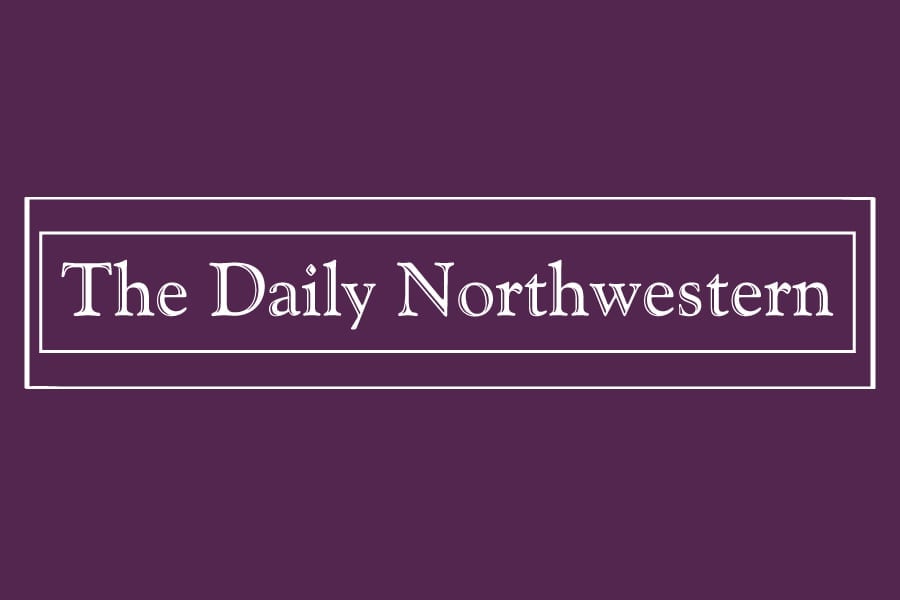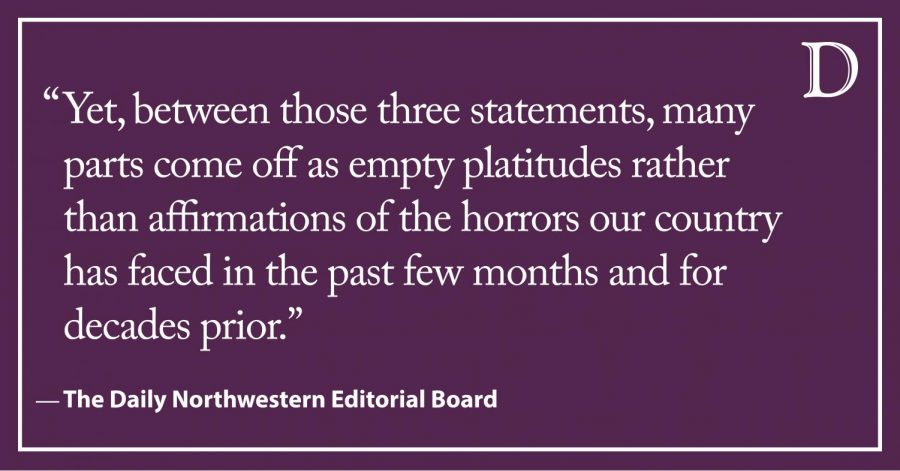The blackface incident that sparked debate across campus and garnered national attention last week also happened two years ago – and will likely happen again in the future. So what are students and administrators supposed to do when this occurs, and what is the next step?
This time, For Members Only, Associated Student Government and Coalition of Colors, along Northwestern Student Affairs, organized an open forum to encourage a dialogue among members of the NU community. The intent was there. Strong leadership was shown on the parts of both student groups and administration. From the swift response to two students who made the unfortunate decision to paint their faces black on Halloween emerged issues that have been bubbling under the surface at Northwestern for a while. And the forum was effective, at least by evoking mixed feelings, raising even more questions about stereotyping and opening a campus-wide conversation outside of the forum. But resolutions came with limitations.
Edging into the packed auditorium Thursday night, I wasn’t surprised to see more than 600 students ready to engage in the topic of blackface and race at NU. But the environment was not conducive to dissenting opinions, much less a lasting dialogue. One student spoke after another, all itching to get their points across, sometimes at the expense of veering off topic or not addressing important points raised by the previous speaker.
As FMO Coordinator Marrion Johnson suggested to me Monday, maybe the large audience should have been broken up into smaller groups. People wouldn’t have been afraid to disagree or be overlooked simply because of time constraints. Or Prof. Barnor Hesse could have fostered more of a dialogue by asking follow-up questions to contentious points rather than calling on people individually.
On its face, the forum was self-selecting: Many of the people who attended were already interested in having a conversation about race. After listening to applause after each speaker and cheering during some of the speeches, I began to think this had become a forum to preach to the choir. Where were the dissenting opinions? Where were those who believe in freedom of speech and expression?
This may have been due in part to the choice of moderator. Hesse was a controversial figure in and of himself and may have contributed to the strange, slightly off-putting vibe some people felt. On one hand, students said he was a good choice for moderator, unafraid to ask tough questions. But others said they felt he put students and administrators – including University President Morton O. Schapiro – on the spot. While answers are always welcome, this issue doesn’t have one concrete solution that could be reached in two hours.
Luckily, we have the time to think about this more deeply and implement new strategies. Just because the forum is over doesn’t mean we should stop questioning how our words and actions affect others. The administration, invigorated by new leadership, can set a new precedent. Maybe this means rethinking the Essential NU seminar on diversity, or creating a specific Cultural Studies distribution requirement within each school.
The forum was a good way to get people talking – though maybe the actual dialogue part of it happened more effectively outside of the forum – but we need to come up with long-lasting resolutions that address issues beyond the history of blackface. Because this isn’t the first time an incident like this has happened, and it certainly won’t be the last.
Campus editor Corinne Lestch is a Medill senior. She can be reached at [email protected].









